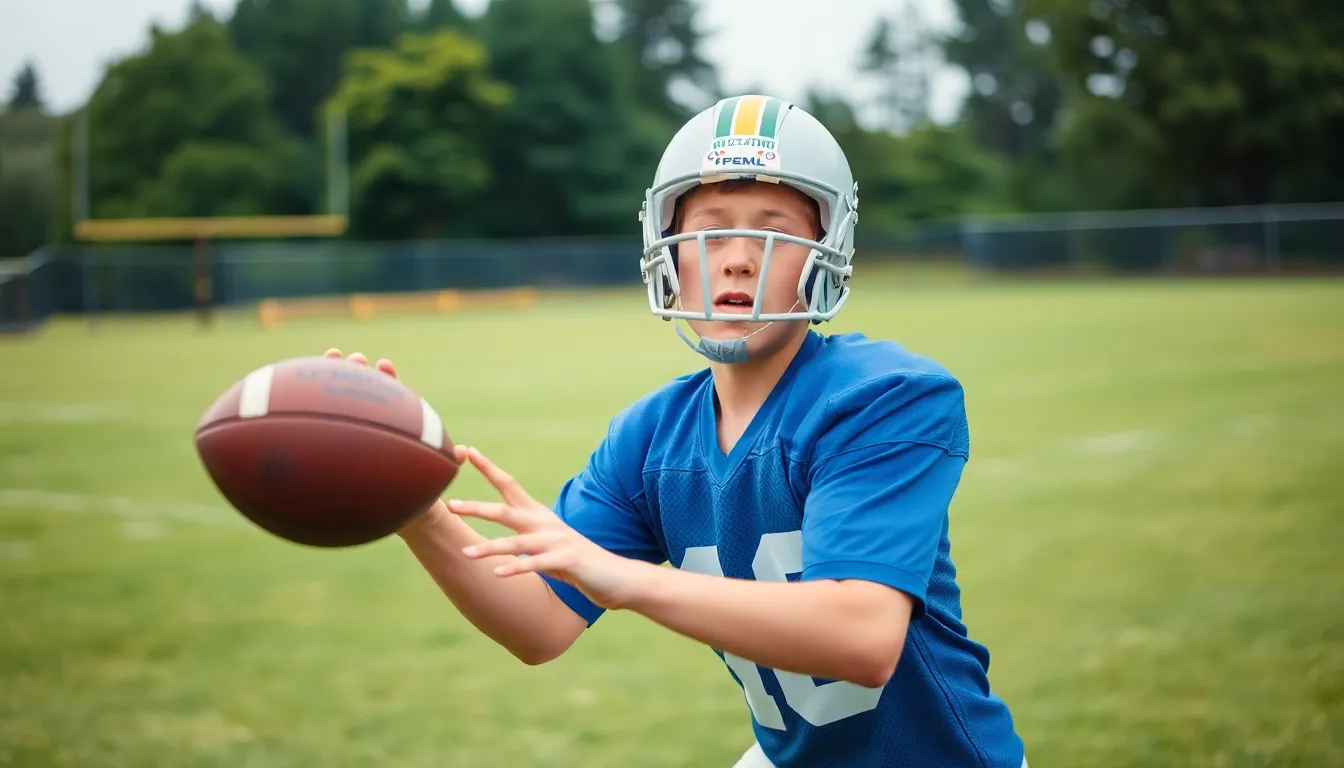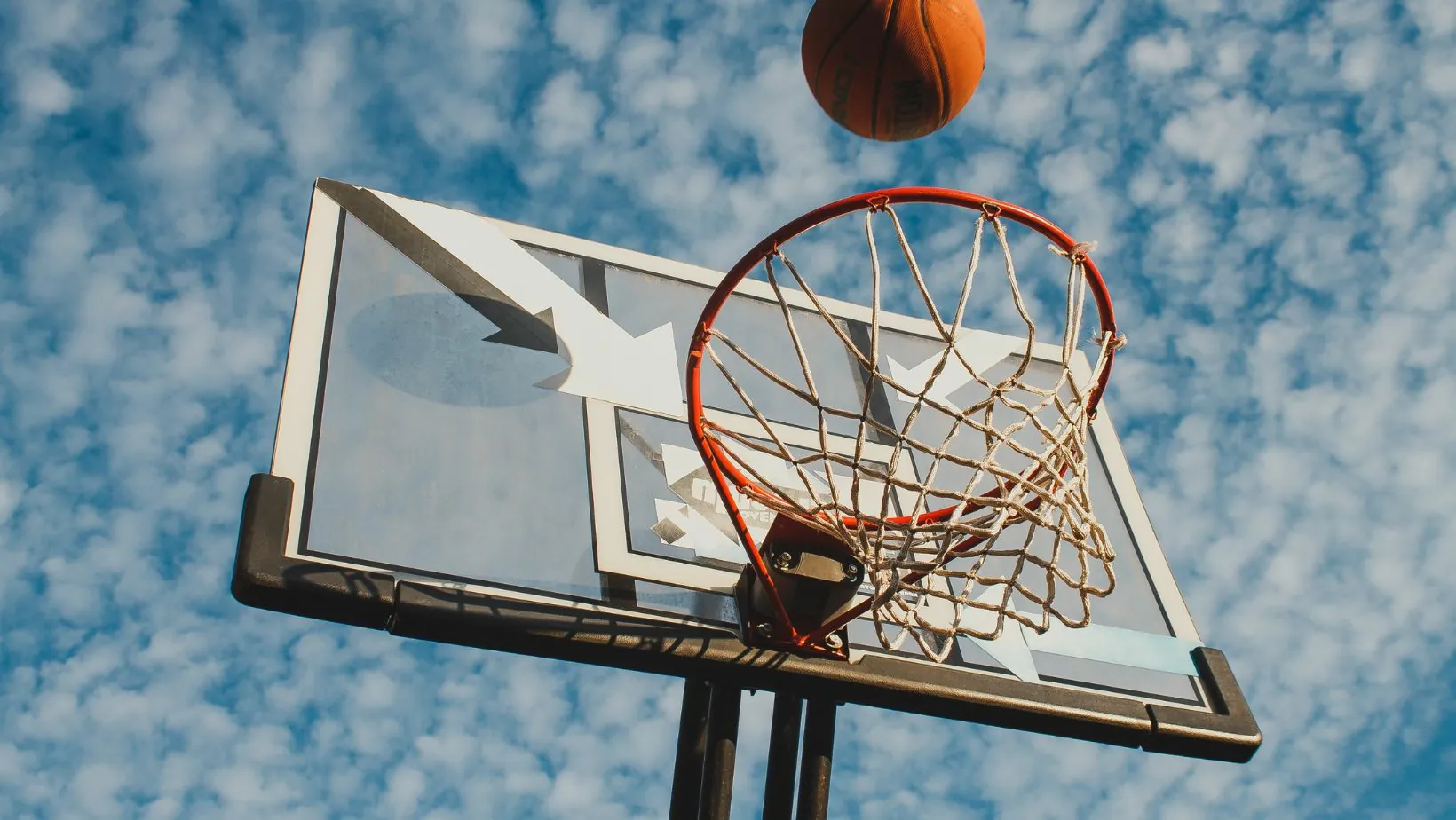Football tryouts can feel like a scene straight out of a high-stakes reality show. Picture this: aspiring athletes nervously stretching, coaches with clipboards ready to judge every move, and the faint smell of sweat mixed with ambition hanging in the air. It’s a whirlwind of excitement, nerves, and the occasional misplaced kick that sends the ball flying into the stands.
Table of Contents
ToggleUnderstanding Football Tryouts
Football tryouts serve as a critical juncture for aspiring athletes, demanding strong performance and mental resilience. Every participant faces an exhilarating challenge that can shape their athletic careers.
Importance of Football Tryouts
Football tryouts identify a player’s skills, dedication, and potential. They provide coaches with insights, allowing for informed team selections. Beyond just physical ability, tryouts assess players’ teamwork and adaptability. These evaluations establish a baseline for individual and group performance within the sport. Commitment shown during tryouts often indicates a player’s likelihood of success on the field.
Types of Football Tryouts
Football tryouts vary depending on the level of competition and age group. Open tryouts welcome all athletes regardless of prior experience, creating a diverse pool. School team tryouts focus on evaluating players tailored to specific league requirements. Elite camps enhance skills and offer exposure to professional scouts, combining training with assessment. Lastly, invite-only tryouts curate athletes based on previous performance, ensuring a high level of talent is present.
Preparing for Football Tryouts

Preparing for football tryouts involves a comprehensive approach that addresses both physical and mental aspects. Athletes must focus on enhancing their skills and building resilience.
Physical Preparation
Fitness plays a crucial role in performance. Engaging in aerobic exercises, such as running or cycling, boosts stamina. Strength training enhances muscle power, especially for tackling and sprinting. Practicing drills sharpens specific football skills, including passing and receiving. Athletes should also emphasize flexibility to prevent injuries. A well-rounded nutrition plan supports energy levels, focusing on carbohydrates and proteins. Staying hydrated before and during tryouts is essential for peak performance.
Mental Preparation
Mental readiness is vital for success at tryouts. Visualization techniques can help athletes imagine their performances and gain confidence. Setting clear goals fosters a focused mindset. Practicing relaxation exercises reduces anxiety and maintains composure. Familiarity with the tryout format can decrease nerves. Staying positive enhances resilience during challenging moments. Engaging with teammates provides support, creating a collective atmosphere. Cultivating a “next play” mentality encourages athletes to stay focused on immediate tasks.
What to Expect During Football Tryouts
Football tryouts include a series of drills and evaluations aimed at showcasing players’ skills. Athletes enter this environment ready to demonstrate their talent while managing nerves.
Common Drills and Exercises
Common drills include running sprints, performing agility exercises, and executing ball-handling tasks. Coaches frequently focus on passing accuracy and tackling techniques. Participants may also engage in scrimmages to exhibit teamwork and strategic thinking. Beyond individual skills, these exercises assess overall fitness levels and quick decision-making. Each drill provides an opportunity for players to display strengths and improve weaknesses, preparing them for competitive play.
Evaluation Criteria
Coaches evaluate players based on various criteria. Skills like speed, agility, and endurance rank highly in assessments. They also pay attention to ball control, tactical awareness, and teamwork. Emotional resilience during high-pressure scenarios significantly influences evaluations. Adaptability to coaching feedback can further impact selection decisions. Ultimately, these criteria help coaches identify players who align with team dynamics and objectives.
Tips for Success at Football Tryouts
Athletes can maximize their chances of success during football tryouts through focused preparation and performance strategies.
Showcasing Skills
Demonstrating athletic abilities is essential at tryouts. Players should excel in drills that highlight their strengths. Competitive environments require showcasing tackling technique, passing accuracy, and speed during sprints. Athletes often gain an advantage by performing well in scrimmages, where they can exhibit their strategic thinking and ball-handling skills. Prioritizing fundamental drills like agility courses provides an opportunity to shine in front of coaches. Additionally, displaying versatility with both offensive and defensive skills captures attention and emphasizes a player’s well-rounded capabilities. Focus and consistency often distinguish successful candidates from others.
Teamwork and Communication
Effective teamwork plays a pivotal role during football tryouts. Coaches look for players who communicate clearly and support teammates on the field. Demonstrating a willingness to collaborate fosters a positive environment and highlights a player’s dedication to collective success. Athletes often benefit from initiating and responding to play calls, ensuring fluidity in drills and scrimmages. An ability to adapt to teammates’ needs and exhibit sportsmanship garners respect and admiration from coaches. Prioritization of clear communication signals tactical awareness, allowing players to showcase their understanding of team dynamics. Emphasizing these elements can significantly enhance a player’s selection prospects.
Football tryouts represent a pivotal moment for aspiring athletes. The blend of excitement and pressure can be overwhelming but also rewarding. Those who prepare thoroughly both physically and mentally are more likely to stand out.
By focusing on skill development and fostering teamwork, athletes can enhance their chances of making the team. It’s not just about individual talent; adaptability and collaboration play crucial roles in the selection process.
Embracing the challenges of tryouts can lead to growth and opportunities in a player’s football journey. With the right mindset and preparation, athletes can turn this high-stakes environment into a launching pad for their future success.




